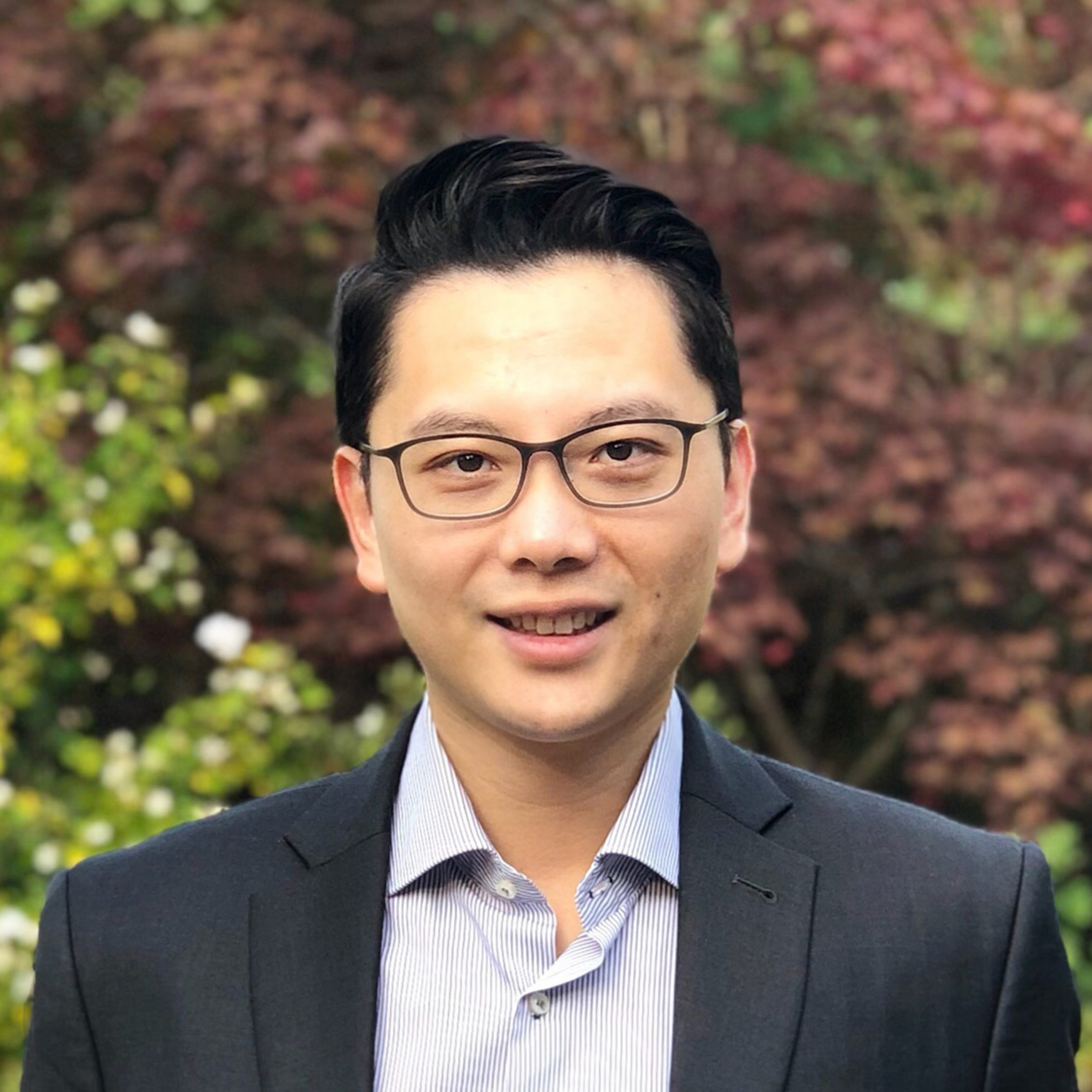UConn Professor Earns Prestigious DoD Award
By: Olivia Ortegon
Dr. Yupeng Chen, a professor in UConn’s Department of Biomedical Engineering as well as faculty at the Center for Clean Energy Engineering (C2E2) in the School of Engineering, has recently earned an impressive $312,000 grant from the U.S. Department of Defense.
Dr. Chen joined UConn in 2018, but before this he worked as an Assistant Professor at Brown University Medical School. He earned his Master and Ph.D. degrees in biomedical engineering and chemistry at Brown University with Professor Thomas Webster. As early as in Dr. Chen’s graduate study, he began working on the design and development of what he has coined ‘Janus’ base nanotubes (JBNTs).
JBNTs are a family of DNA-mimicking nanomaterials. While working on them, Dr. Chen serendipitously discovered that when he modified the sizes and surface charges of the Janus base nanopieces, he was able to use them as delivery vehicles to enter different tissues in the body. He thought about how he could use this discovery in the medical field, such as targeting specific joint tissues to treat joint diseases and decided he would apply for the grant in order to further explore this discovery.
Arthritis is a common disease that can be caused by physical trauma. Thus, the Department of Defense was interested in funding the project because many soldiers suffer muscular and skeletal injuries that can lead to arthritis. By creating a targeted delivery platform relying on DNA nanotechnology, Dr. Chen can use nanopieces as delivery devices to target specific cells and tissues in our joints in order to treat arthritis and relieve joint pain. The joint is a system with a complex environment where different tissues have different responses to the disease, so it is very important to target the correct tissues to both inhibit disease progression and reduce side effects.
With the money from the grant, Dr. Chen plans to develop his delivery technology and lay down a solid foundation for a clinically-approved treatment to inhibit arthritis and promote cartilage regeneration. Currently, there are some medical devices such as hyaluronan hydrogels that can be injected in the knee and relieve some of the pain from arthritis. However, there is no FDA-approved treatment that will actually modify disease progression. Dr. Chen aims to change this by developing a treatment that can inhibit the disease gene by targeting specific tissues. With the support of this grant, Dr. Chen will conduct pre-clinical studies in animal models with a destabilized meniscus, test the therapeutic potential and outcome of the technology, and evaluate the effectiveness of the treatment. At the moment, Dr. Chen is focusing on treating meniscus injuries, as these are common and can lead to osteoarthritis at a young age.
One unique challenge of Dr. Chen’s research is that he is making Janus base nanomaterials based on non-covalent bonds. His work involves engineering biomolecules into different structures, but these elegant, 3D DNA-mimicking structures are difficult to manipulate and do not link together easily. Polymer or carbon nanotubes are covalent structures and are easier to work with, but there is a big advantage to using DNA-mimicking materials: covalent structures usually present poor biodegradability and higher toxicity to cells. For example, carbon nanotubes, a Nobel Prize discovery, can be used for drug delivery, but none of their products can be approved by FDA because they are too stable and cannot be broken down by our cells and tissues. Thus, these carbon nanotube delivery vehicles could lead to long-term toxicity in the human body. JBNTs have a similar size and morphology as carbon-based nanotubes but have easily digestible bonds and biomimetic structures. Thus, they serve as a safer alternative that has excellent compatibility with our bodies.
Future applications for this kind of treatment include using it for different joint and musculoskeletal diseases, as well as using this delivery technology to target other diseases such as cancer or diseases in the central nervous system. Dr. Chen hopes that the tissue-specific treatment will help not only soldiers, but also athletes and other high-risk groups in order to prevent arthritis from developing from joint injuries.


